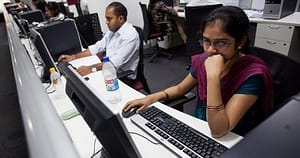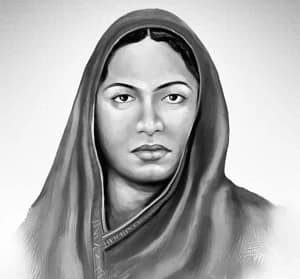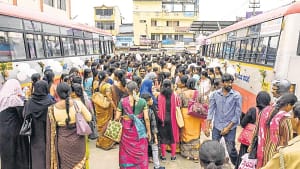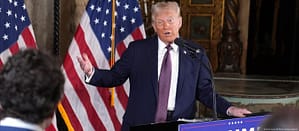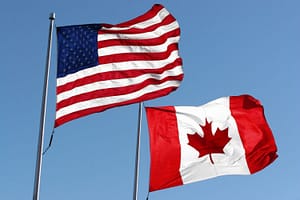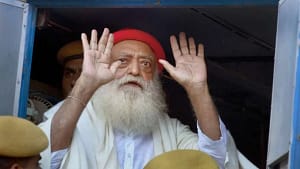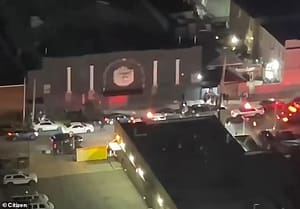In a move that has left many raising eyebrows, Prime Minister Narendra Modi recently delivered a keynote address at the NDTV World Summit—a network he had refused to engage with for nearly a decade. This shocking shift comes on the heels of NDTV’s complete takeover by Gautam Adani, a billionaire with close ties to Modi and his government. The once independent voice of Indian journalism now faces questions about its future under new ownership.
नमस्कार ! मैं रवीश कुमार…@cartoonistrrs #NDTVWorldSummit #Modi pic.twitter.com/YNl22BHSod
— Molitics (@moliticsindia) October 21, 2024
For years, NDTV stood out as one of the few media outlets that dared to challenge Modi’s government. While other channels seemed to fall in line with a more government-friendly tone, NDTV pushed back, covering critical issues like the handling of the pandemic, controversial farm laws, and the erosion of civil liberties. This earned the network not only the trust of its viewers but also repeated attacks from the government. Investigations, raids, and legal cases—NDTV faced them all under Modi’s rule, in what many saw as a clear attempt to silence one of the last major critics in Indian media.
Then came Adani. The corporate mogul, who is widely seen as a close ally of Modi, took control of NDTV in a hostile takeover, acquiring a 64.71% stake without the consent of its founders. This move has raised serious concerns about press freedom in India. Adani’s ties to the government are no secret, and his acquisition of NDTV appears to fit into a broader pattern where powerful business figures, closely linked to the ruling party, control key sections of the media.
Now, Modi is suddenly making appearances on a channel he had long ignored. For many, this isn’t just a coincidence—it’s a red flag. The prime minister avoided NDTV for almost a decade, precisely because of its critical stance. But now, with Adani in charge, the government seems to feel more comfortable engaging with the network. The big question is: why?
This shift sends a clear and unsettling message. With Adani’s control, is NDTV still the fearless watchdog it once was, or is it being reshaped into yet another pro-government mouthpiece? Modi’s decision to appear on the network signals a concerning overlap of corporate power and political influence, threatening the integrity of one of India’s last strongholds of independent journalism.
Before the takeover, NDTV relentlessly questioned the government’s policies. But with Adani—whose business empire has flourished under Modi’s rule—now pulling the strings, many fear that the channel’s critical voice will be muffled. The implications for Indian democracy are dire: if a once-independent news network like NDTV can fall into the hands of a government-friendly tycoon, what hope is there for a free and fair press in the country?
This is not just about one news channel—it’s about the future of journalism in India. Media freedom is the backbone of any democracy, and when powerful forces begin to control the narrative, it’s not just the media that suffers, but the truth itself.
